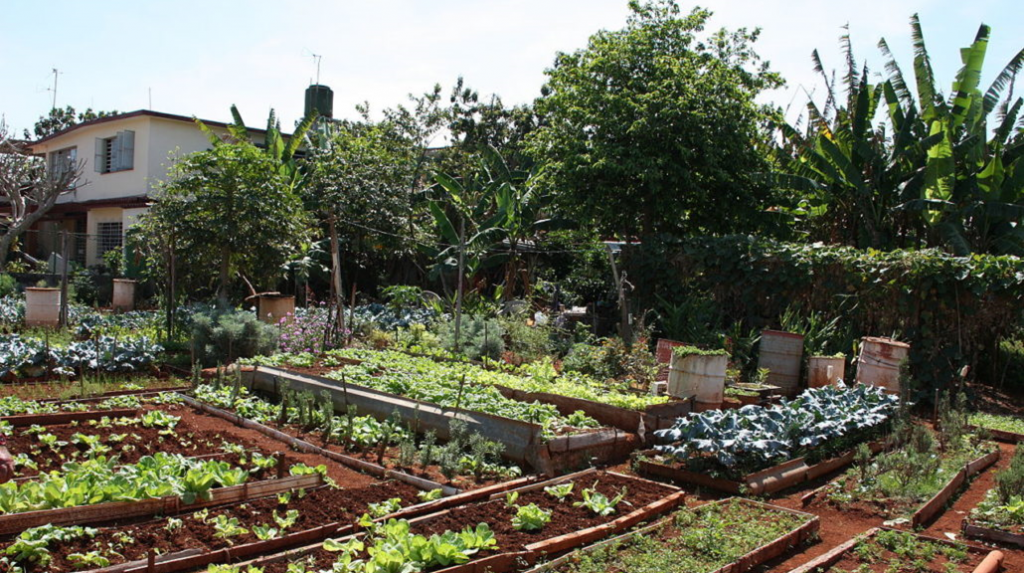
NOTE: THIS PRESS RELEASE WAS FIRST PUBLISHED IN THE BOHOL CHRONICLE’S SUNDAY PRINT EDITION.
The Urban Agriculture Project (UA) of the Department of Agriculture through the Agricultural Training Institute (ATI) forged a partnership with the City Government to implement the Urban Agriculture (UA) program. UA is envisioned to render food that is safe, affordable, and accessible. It is also hoped that this project could provide an additional income to households and communities in urban areas.
The effects of the pandemic have been so widespread affecting almost the entirety of our existence. From the everyday work we do up to the food we put on the table, the health crisis has definitely made an impact on the way we live.
Food security has been one of the most latent downsides of the pandemic as shown by the report made by the Food and Agriculture Organization (FAO) of the United Nations. In a paper released in 2020, the FAO outlined that the health crisis affected the sustainability of companies and the level of employment. As a result, the purchasing power of families decreased which definitely impacted the way families spend on food consumption.
The report also emphasized that these effects will grow in magnitude as periods of economic inactivity continue.
City Mayor John Geesnell “BABA” Yap in an interview stressed the importance of UA, “In our fight against this pandemic, we want to prioritize food and agriculture as strategic activities of public interest through partnerships with well-meaning stakeholders to facilitate the exchange of information and technical cooperation. We are thankful to the DA through ATI for this opportunity. We will truly benefit from this fruitful endeavor”, Yap said.
The DA through the ATI will implement the program by providing technical assistance and initial agricultural inputs such as seeds, shovel, rake, pick mattock, garden hose, wheel burrow, vegetable twine, hand sprayer and knapsack sprayer, soil medium (garden soil, vermicompost) for the vegetable component.
While for the individual households, the agency will provide starter kits which include seeds of common vegetables suited in the area, garden soil, compost, seedling tray, polyethylene bags and information, education and communication (IEC) materials. ATI Center Director Dr. Carolyn Daquio said that capacity building activities including on-line courses will also be spearheaded by their agency, as well as provision of continuous assistance to the community, schools, universities, and public offices in the maintenance and sustenance of the site. ATI-Bohol will also conduct regular monitoring of the identified sites.
The City Government of Tagbilaran on one hand will provide the required area for the establishment of the integrated UA garden, assign people who will manage the integrated UA garden and identify people who are going to be trained as trainers. City Agrivet Officer Dr. Genette Egos said that capability building intervention conducted by the DA-ATI will be included in their agency’s list of required training.
Dr. Egos also reiterated that the City Agrivet will ensure the project’s sustainability by providing necessary supplies, inputs, and implements to the community garden production activities. The office will also assist in the monitoring and evaluation of the Urban Agriculture Project.
